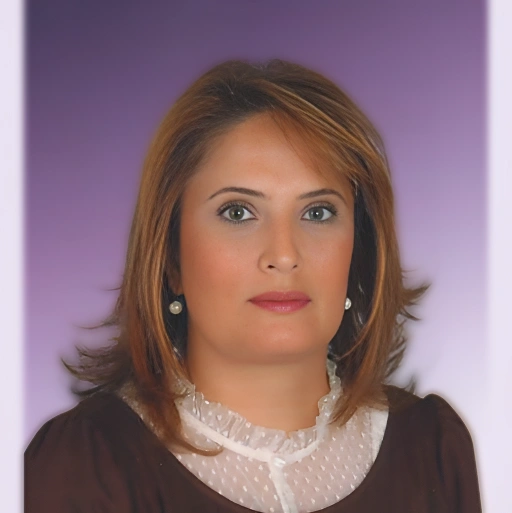Isolation and Characterization of Hydrocarbon and Petroleum Degrading Bacteria from Polluted Soil with Petroleum and Derivatives by MALDI-TOF MS Method
Yazarlar (5)
Prof. Dr. Hatice ÖĞÜTCÜ
Kırşehir Ahi Evran Üniversitesi, Türkiye

Ministry of National Education - Turkey, Türkiye

Agri Ibrahim Cecen University, Türkiye

Ministry of Health - Turkey, Türkiye

Atatürk Üniversitesi, Türkiye
| Makale Türü | Özgün Makale (SSCI, AHCI, SCI, SCI-Exp dergilerinde yayınlanan tam makale) | ||
| Dergi Adı | GEOMICROBIOLOGY JOURNAL (Q3) | ||
| Dergi ISSN | 0149-0451 Wos Dergi Scopus Dergi | ||
| Dergi Tarandığı Indeksler | SCI-Expanded | ||
| Makale Dili | İngilizce | Basım Tarihi | 09-2022 |
| Cilt / Sayı / Sayfa | 39 / 9 / 757–766 | DOI | 10.1080/01490451.2022.2074575 |
| Makale Linki | https://suggestor.step.scopus.com/progressTracker/?trackingID=50D4F05A17EBE87D%20 | ||
| Özet |
| Petroleum hydrocarbons are one of the most well-known environmental pollutants not only for plants, and animals but also for humans because of their carcinogenic mutagenic, toxic, and teratogenic effects. Hence, various remediation technologies have been used to overcome these environmental pollutants. Among them, bioremediation is novel promising sustainable approach for treating petroleum and petroleum derivative raw material deleterious components with their effective, low-cost eco-friendly features. In this perspective, the evaluation of soil samples was collected from areas containing petroleum and petroleum derivatives from Kazanli and Karaduvar refinery regions in Mersin-Turkey. Hence, potential hydrocarbon and petroleum degrading bacteria were identified and characterized by the MALDI-TOF MS method as well as biochemical, physiological, and morphological tests. According to the MALDI-TOF MS analysis; members of Bacillus, Stenotrophomonas, Enterobacter, Pseudomonas, Cupriavidus, Acinetobacter, and Escherichia were successfully identified as hydrocarbon and petroleum degrading bacteria. |
| Anahtar Kelimeler |
| Petroleum degrading bacteria | bioremediation | hydrocarbon | MALDI-TOF-MS |

